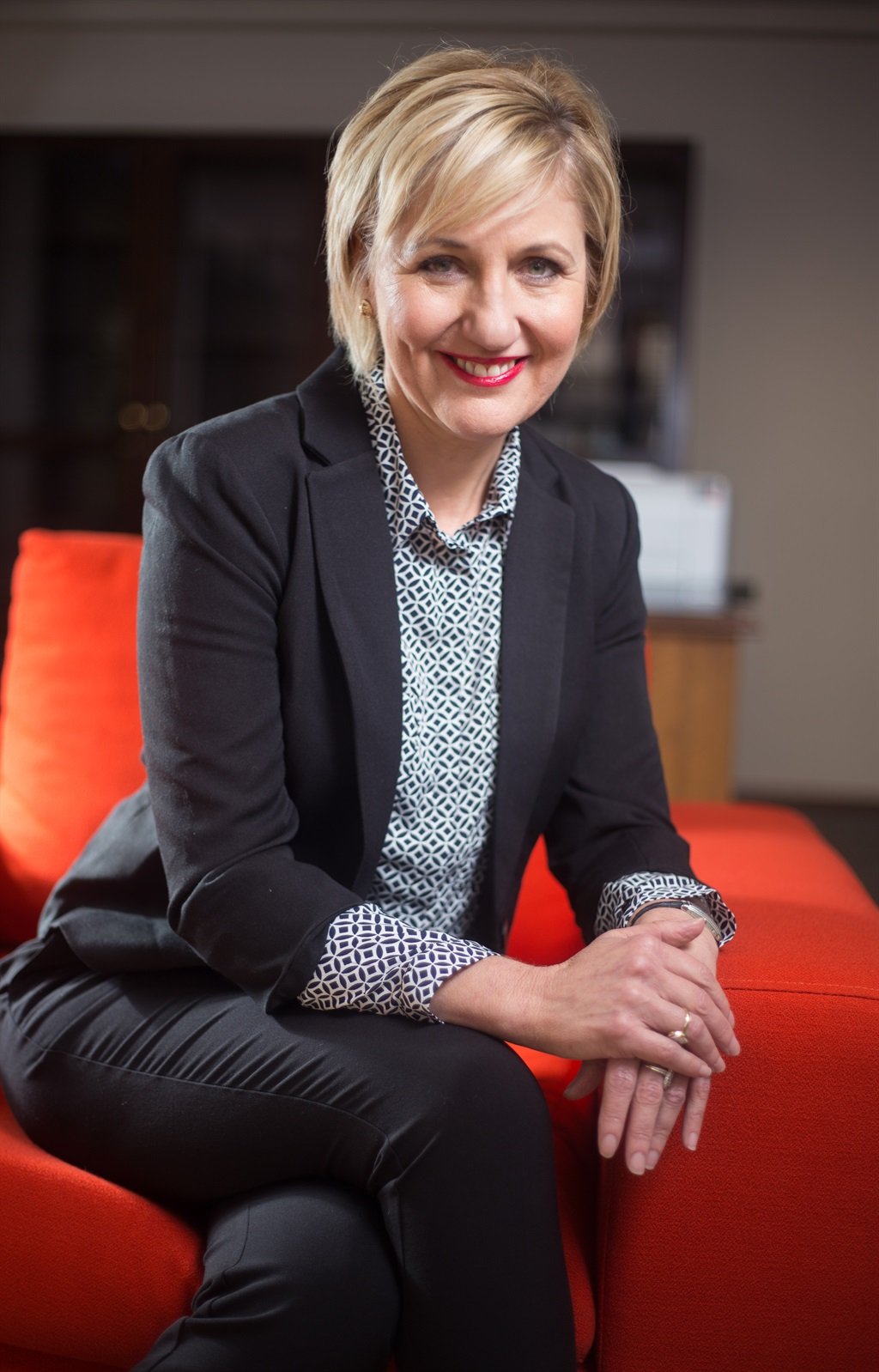You strike a woman, you strike a rock is a saying that is taking on new meaning with a new HIV vaccine trial.
The trial, also known as “Imbokodo” (HVTN 705/HPX2008), which will be conducted on 2 600 women in southern Africa, will evaluate whether an investigational mosaic HIV-1 preventive vaccine is safe and able to reduce the incidence of HIV infection among them.
Southern African women will now lead the way in the quest to find the “first elusive global vaccine”
for HIV.
Janssen Pharmaceuticals – with the Bill & Melinda Gates Foundation and the National Institutes of Health – made the announcement about the start of the trial on the eve of World Aids Day, commemorated yesterday.
This year marks 30 years since the world started marking World Aids Day. And, while there have been great advances in HIV treatment and prevention, around the world, and in South Africa in particular, nearly 2 million people still become infected with HIV worldwide each year. HIV and Aids continue to be one of the world’s most pressing global health challenges.
In South Africa alone there are 270 000 new HIV infections a year, with 7.2 million people living with HIV, according to UNAids. And the quest to find a vaccine, let alone a cure, has been beset by problems – starting with the virus itself.
Professor Glenda Gray, chairperson of the Imbokodo study and the chief executive and president of the SA Medical Research Council, told City Press this week: “It’s a difficult virus to understand because no human has been exposed to it and cured. We don’t have a human model for that nor what it takes to be protected against HIV. And whatever we learn in primates may not work in humans, so we don’t have a good animal model either.
“Another challenge is that the virus replicates all the time so the immune system is always playing catch-up. The outermost structure of the virus is so tight that it is hard for the immune system to develop antibodies that can cling to the virus. So it’s like an arms race.”
The Imbokodo study is the second vaccine efficacy study to be launched in more than a decade. Another study, HVTN 702, was launched in 2016 and is under way to evaluate a different candidate vaccine.
The HVTN 702 study was modelled on a study done in Thailand in 2009 which showed that a particular vaccine regime could reduce HIV transmission by 30% and so it proved to be a moderately effective vaccine. But a year after the vaccine was administered, it showed to be only 60% effective in protecting against HIV. It was optimised with new antigens and the results should be known around 2020.
Gray said: “We have three strategies under way in tackling HIV. The one is a neutralising antibody study, also happening in southern Africa, called AMP in which we are looking to see whether the potent neutralising antibodies we cloned from a few individuals can protect against HIV.
“This study is fully enrolled and we will know in around 2020 if these neutralising antibodies work.”
The Imbokodo study aims to enrol 2 600 sexually active women aged between 18 and 35 in five southern African countries. The first participants have begun receiving vaccinations at clinical research sites in South Africa. Regulatory approvals are now being sought to conduct the study at additional sites in Malawi, Mozambique, Zambia and Zimbabwe.
On the latest probe, Johan van Hoof, Janssen Vaccines & Prevention and Therapeutic area head, said: “Having a preventive vaccine would be a vital tool in a comprehensive global strategy to end the HIV pandemic.
“Our investigational vaccine is based on mosaic antigens that have been engineered using genes from a wide range of different HIV subtypes. The ultimate goal is to deliver a global vaccine that could be deployed in any geographic region to help protect vulnerable populations at risk of infection.”
Gray said they were starting in southern Africa because it was the region hardest hit by the epidemic.
“The beautiful thing is we have three vaccine strategies, in advanced stages, all happening mostly in southern Africa and, very soon, they will give us insight as to what is or isn’t working. We are hopefully on the brink of major discoveries,” she said.

24.com publishes all comments posted on articles provided that they adhere to our Comments Policy. Should you wish to report a comment for editorial review, please do so by clicking the 'Report Comment' button to the right of each comment.